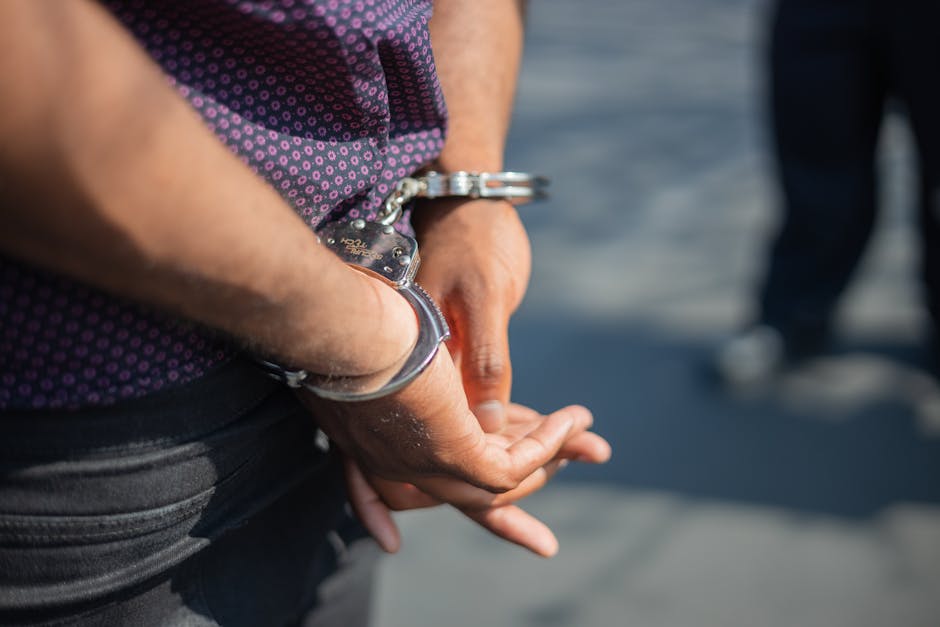A fundamental aspect of promoting fairness and equality within legal systems lies in the meticulous crafting of laws themselves. Legislation should be drafted with an acutely aware understanding of potential discriminatory impacts. Legislation impacting vulnerable populations, such as those based on race, gender, socioeconomic status, or religion, necessitates rigorous scrutiny. This scrutiny must identify potential biases and ensure the law serves to uplift, rather than marginalize, these communities. For instance, criminal justice systems must consider racial disparities in sentencing and incarceration rates and actively implement strategies to rectify them.
Furthermore, procedural safeguards are indispensable for ensuring fairness. Fair trials are the bedrock of any just legal system. This involves guaranteeing individuals equal access to legal counsel, regardless of their financial standing. Legal aid programs are crucial in ensuring those who cannot afford representation have a voice in court. Additionally, impartial and competent judges are vital. Their impartiality and adherence to the rule of law are critical for ensuring that legal processes are equitable. Transparency in judicial processes is another vital component. Clear procedures, accessible documentation, and public hearings contribute to the perception and reality of fairness within the system.
Addressing implicit biases within the legal system is crucial. Implicit biases, often unconscious, can influence decisions made by judges, juries, and legal professionals. Specialized training, tailored to recognize and mitigate these biases, can be an important tool. Researching and understanding how these unconscious biases impact legal outcomes can provide useful data for targeted interventions. Creating diverse legal teams, reflecting the population being served, is also essential to minimize these influences.
Accessibility to justice is another critical factor. Complex legal systems, filled with intricate procedures and technical language, often create barriers for individuals with limited resources, knowledge, or cultural background. To overcome these challenges, the legal system must make itself accessible to all by simplifying procedures, providing multilingual services, and utilizing plain language in legal documents. Dedicated support services for individuals with disabilities, ensuring accommodations for those with sensory or cognitive differences, can make the system inclusive.
The use of restorative justice practices in areas like juvenile delinquency and minor criminal offenses merits consideration. Restorative justice methods emphasize repairing harm and reconciliation rather than solely focusing on punishment. This alternative approach can foster a sense of responsibility and accountability, leading to more equitable outcomes. By emphasizing dialogue and collaboration, restorative practices can contribute to a more compassionate and effective justice system.
The role of the legal profession itself is also significant. Bar associations and professional organizations have a responsibility to foster a culture of ethical conduct, inclusivity, and accountability within their ranks. Promoting diversity within the legal profession can help to reflect the communities served and create a more equitable and unbiased legal environment. Encouraging pro bono legal work, particularly for those experiencing systemic inequality, can bring a greater level of fairness and access to justice.
Finally, ongoing evaluations and feedback mechanisms within the legal system are vital. Regular reviews of case outcomes, disparities in sentencing, and access to justice statistics can provide valuable insights into the system’s strengths and weaknesses. This data, when critically analyzed, can help to identify areas requiring adjustments and reforms. Community feedback on the perceived fairness and effectiveness of the legal system can also offer vital perspectives and contribute to the ongoing evolution of a just and equitable legal framework.
The pursuit of fairness and equality within the legal system is a continuous process, requiring constant vigilance, evaluation, and adaptation. It is a process that demands collaboration among legal professionals, policymakers, communities, and individuals committed to ensuring the principles of justice are not just enshrined in law, but actively reflected in practice. This multifaceted strategy, incorporating legislative reforms, procedural safeguards, implicit bias awareness programs, and ongoing evaluations, is essential to building a truly fair and equitable legal system. In conclusion, promoting fairness and equality within legal frameworks is an evolving journey towards justice for all.
